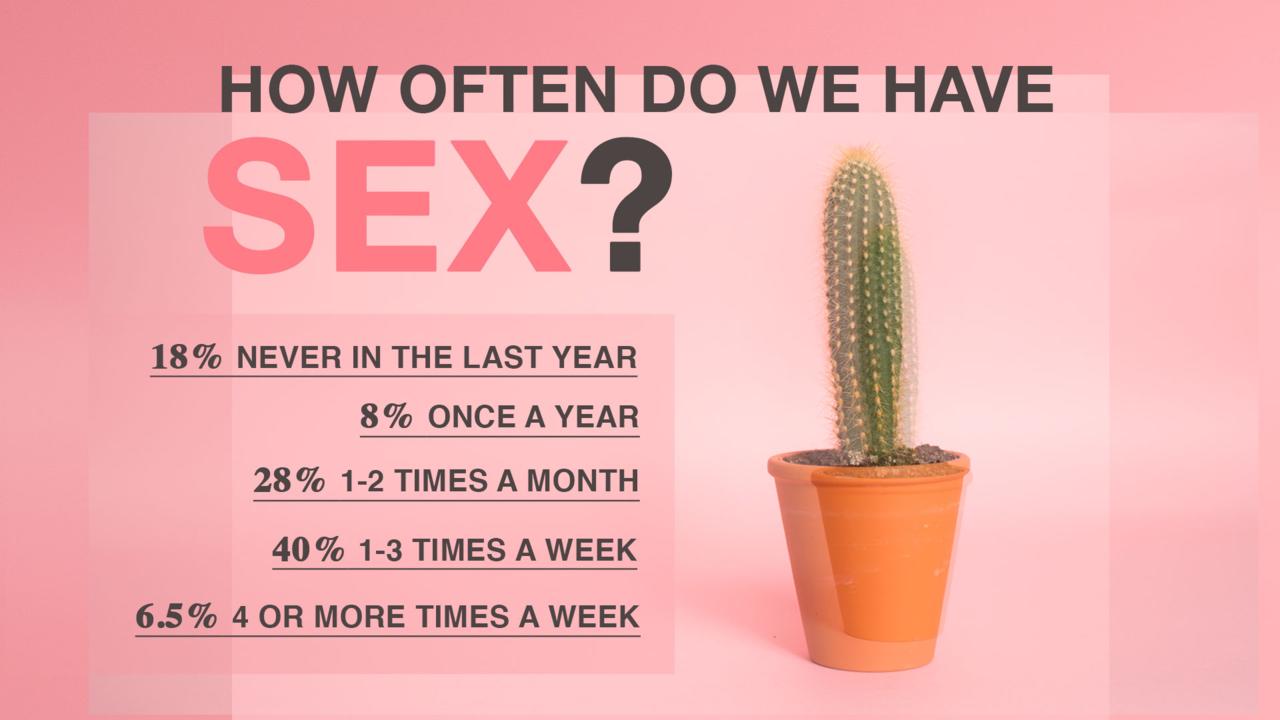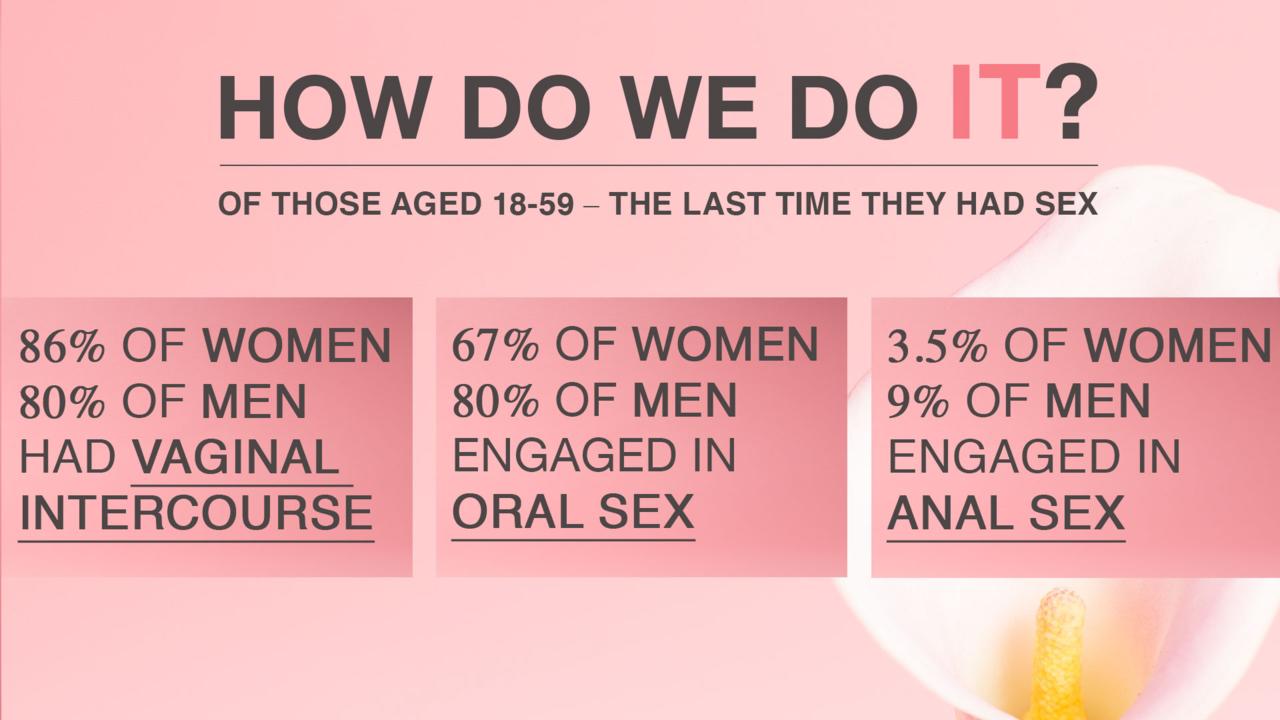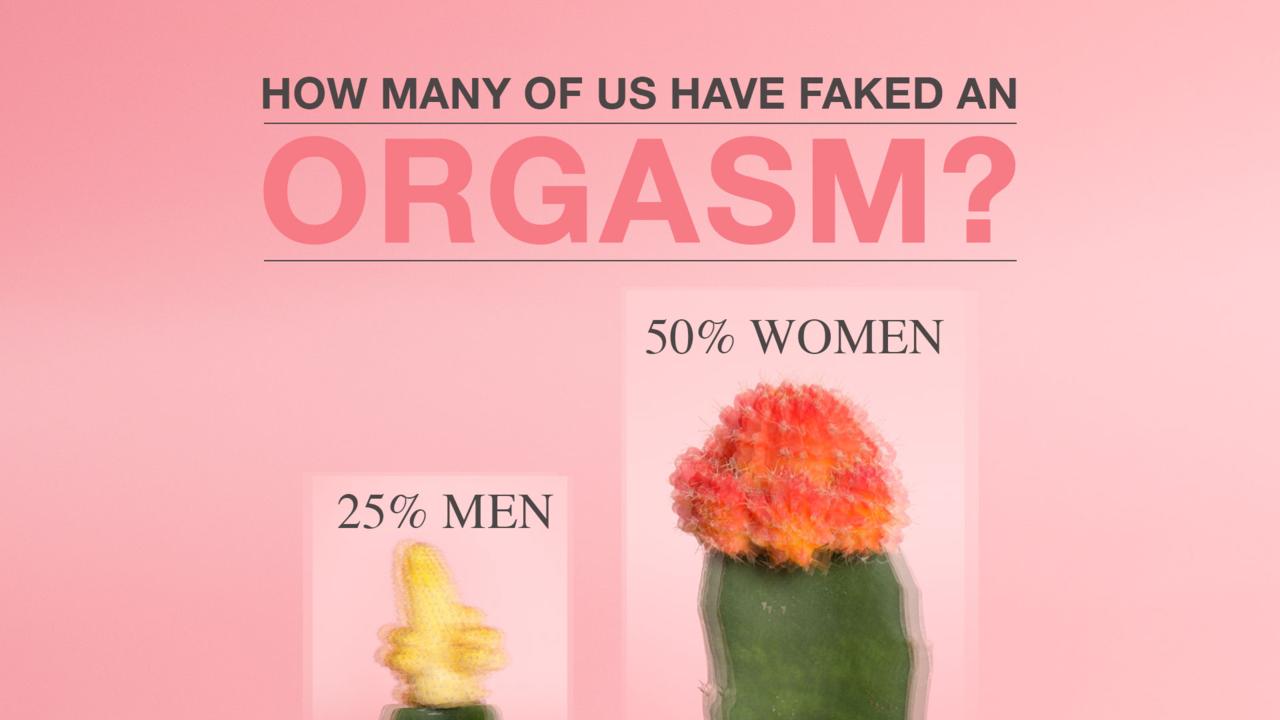
From how often we do it to what we do, BBC Future’s latest SmartList explores the wide spectrum of sexual desires and behaviours.
Let’s face it, human sexuality is complicated. There are probably as many different sexual peccadilloes as there are flavours of food – and like our culinary tastes, our preferences vary from country to country, individual to individual, and day to day.
For this reason, trying to describe the “normal” sex life is something of a fool’s errand; the variety is so great that a single statistic is never going to capture how most people feel. So BBC Future has looked at the data to try to get an idea of the full spread of the sexual spectrum – from how much we actually want sex to what we really do between the sheets.
Needless to say, this comes with some serious caveats. Surveys of sexual behaviour are unreliable: given that talking about sex can still be taboo, participants may not reveal the whole truth, or, conversely, they may feel the need to embellish their answers with bravado. These statistics aren’t the gospel truth, but should be read more as a general indication, given the evidence to date, of the range of sex lives in the 21st Century.
It’s notoriously difficult to put a figure on sexual orientations: estimates of homosexuality vary from 1% to 15% depending on whom you ask, how you ask it, and whether you are examining attraction, behaviour, or identity. Nevertheless, some recent surveys from across the world suggest that some people completely lack sexual desire (which is not to say they have never had a relationship). As with other sexual orientations, the exact prevalence is unknown (most settle around 1%) but there is a growing asexual pride movement for people who lack sexual feelings. Source: Psychology and Sexuality
One misconception is that most casual sex involves people we’ve only just met; in reality, sex comes in many shades of informality, and the anonymous one-night-stand is relatively rare, as this US survey from 2009 showed. (Although that may be slightly skewed for the younger people in their teens and 20s, the figures are not so different for those aged up to 60.) In other words, for almost 50% of the population, “it’s complicated”. Source: Journal of Sexual Medicine
This data was based on the Global Sex Survey in the US, which has included more than 50,000 respondents over the age of 18. And although frequency of intercourse drops with age, it may not be as low as you imagine. A recent survey of older citizens (average age 70 years) found that at least 50% had sex more than twice a month, with 11% enjoying regular intercourse every week. Sources: Social Indicators Research andArchives of Sexual Behaviour
These figures were based on an anonymous survey of nearly 2,000 respondents, aged 18-59, in the US, who were asked to say what behaviours they engaged in the last time they had sex. Source: The Journal of Sexual Medicine
Although lesbian women report having sex less frequently than gay men or heterosexual couples, it seems to be a case when less is more, according to an online survey in Canada and the US. Source: Canadian Journal of Human Sexuality.
It’s commonly assumed that it’s only women who fake their climax – but a recent study in the US found a relatively high number of men had also pretended to orgasm at some point during a range of sexual activities. The reason, as you might expect, was often that they didn’t feel in the mood but had not wanted to upset their partner. Despite the fact they fake it themselves, though, only 20% of men consider that their partners would do the same. Source: Journal of Sex Research
Source: http://www.bbc.com/future/story/20160217-what-is-a-normal-sex-life






